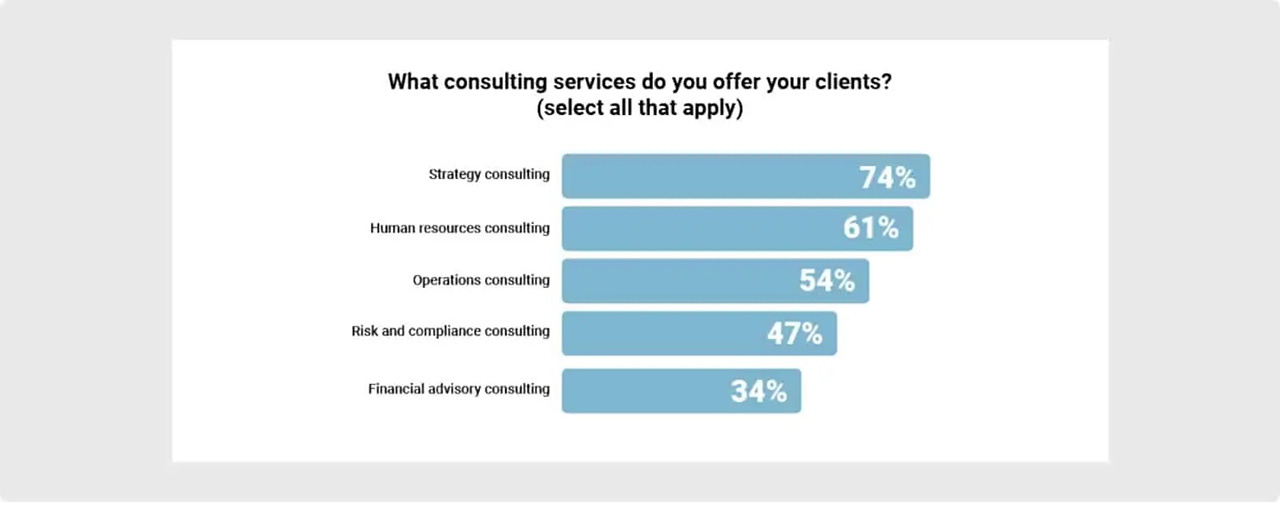
The biggest question in choosing an entity to conduct business is which one is better: an LLC or an S Corp? Which is better for you? Both of the most popular business structures are tax-efficient. A second consideration is Pass-through and double taxes. This article will discuss both topics. While you ultimately have to decide, you should consider the benefits and disadvantages of each entity.
llc vs s corp vs s corp vs s corp vs s corp vs s corp vs s corp vs s corp v
There are many important differences between an LLC (or S Corp), and this article only touches the surface. It doesn't matter how your business is structured, organization is crucial for your business's success. Barrett McNagny can provide more information about the benefits and drawbacks of each entity. Before making a decision on which entity to choose, it is wise to evaluate your business's legal structure and needs.

If you are starting a business, it's important to understand the differences between an LLC and an S Corp. A LLC can protect your personal liability, but an S corp may offer tax benefits. However, operating as an S corporation means that there are additional regulations and restrictions to management. If your business has more than two employees, an LLC is best for you. An S Corp will offer you limited liability, as well as a wide range of tax and legal benefits.
Another difference between an LLC (or an S Corporation) is the taxation. An LLC is taxed the same way as a sole proprietorship or partnership, except that it can pay employment taxes. S corporations owners can also receive a salary provided the salary is reasonable. A LLC cannot earn a profit if it does not have employees. An LLC can cost more to manage than an S-corporation.
Double or pass-through taxation
S corporations and LLCs can often be compared when it is about taxes. The differences in tax rates between LLCs and S corporations are not significant. Depending on its structure, an LLC may be eligible for taxation as either an S- or C corporation. Additionally, LLCs with multiple owners can choose to be taxed either as an S corporation or a C corporation. In this case, the LLC pays personal income tax on their members' profits. The biggest advantage to this structure is that the owners of the business can take advantage of deductions for business income by claiming the business revenue on their personal tax returns.

Another advantage of an LLC is its flexibility. S Corporations have the same legal protections as C Corporations, but LLC owners can choose to tax their LLC like a C Corporation. An LLC allows them to save money on self-employment taxes, while also enjoying the pass through taxation benefits. A C-Corporation can be chosen or an S-Corporation, depending on your financial situation.
FAQ
What skills are required for consulting?
A consultant should have strong analytical skills as well as interpersonal skills. This is essential because you will be working on projects that you don't know the details of. It is important to learn how to quickly solve problems and manage people.
Excellent communication skills are also essential. Most clients expect a reply within 24 hours. If they don't hear anything, it is likely that they aren't interested in you. It is important to keep them updated and make sure they fully understand the situation.
Which industries employ consultants
There are many different types. There are many types of consultants. Some specialize in one type of business, while others can handle multiple areas.
Some consultants are limited to working for private corporations, while others can represent large corporations.
Some consultants can also help businesses all around the globe.
What qualifications are necessary to become a consultant
It is not enough to have an MBA degree. You must also have experience as a consultant. You must have at least two years' experience working in consulting and/or training within a large company.
Your experience in strategy development projects requires that you work closely with senior managers. This would require you to be comfortable with presenting ideas and getting buy in from clients.
You will also need to pass a professional qualification test such as the Chartered Management Institute Certified Management Consultant certification (CMC).
What is the difference of a consultant versus an advisor?
An advisor provides information about a topic. Consultants offer solutions to problems.
Consultants work directly for clients to help achieve their goals. The advisor provides indirect advice through books, magazines lectures, seminars, and the like.
How can I be a successful consultant?
First, find a subject you're passionate about. Building relationships is the next step. Knowing what your clients want and how they work is key. The final step is to provide results.
You don't have to be the best at everything, but you do have to be better than everyone else. Passion is key. It isn't enough just to say, "I'm going to be a consultant." It's important to believe in your abilities and do what you love.
Statistics
- Over 62% of consultants were dissatisfied with their former jobs before starting their consulting business. (consultingsuccess.com)
- According to statistics from the ONS, the UK has around 300,000 consultants, of which around 63,000 professionals work as management consultants. (consultancy.uk)
- Over 50% of consultants get their first consulting client through a referral from their network. (consultingsuccess.com)
- On average, your program increases the sales team's performance by 33%. (consultingsuccess.com)
- My 10 years of experience and 6-step program have helped over 20 clients boost their sales by an average of 33% in 6 months. (consultingsuccess.com)
External Links
How To
How To Start A Consultancy Company, And What Should I Do First?
A consulting business is a great way of making money online. You don't need any previous business experience or investment capital. Building a website is a great place to start a consulting business. After you have built a website, social media platforms such Instagram, Pinterest and LinkedIn will be useful to spread the word about your services.
These tools will allow you to create a marketing plan which includes:
-
Create content (blogs).
-
Establishing relationships (contacts).
-
Generating Leads (lead generation forms).
-
Selling products via ecommerce websites
Once you've developed your marketing strategy, you'll need to find clients who will pay for your services. Some prefer to meet up at networking events or go to meetings, while others prefer to use online platforms like Craigslist, Kijiji, and others. The decision is up to each individual.
Once you have secured new clients, you will need to discuss terms with them and their payment options. This could include hourly fees, retainer agreements, flat fee contracts, etc. It is important to clearly communicate with clients before you accept them as clients.
Hourly agreements are the most commonly used contract type for consultancy service. In this case, you agree to provide certain services at a fixed rate each month or week. Based on the service you provide, you might be able to negotiate a discount based on the length of your contract. Before you sign a contract, ensure you understand everything.
Next, create invoices and then send them to clients. Invoicing is one of those things that seems simple until you actually try it. There are many different ways to invoice your clients, depending on your preferences. For instance, some prefer their invoices to be emailed directly to clients while others prefer hard copies to be mailed. No matter which method you choose to use, it is important that it works for you.
After creating invoices are complete, you will need to collect payments. Most people prefer PayPal because it is easy to use and offers various payment options. However, other payment processors are available, including Stripe, Square Cash, Google Wallet, Apple Pay, Venmo, etc.
Once you're ready for collecting payments you'll need to set up bank account. You can track income and expenses separately by having separate savings and checking accounts. It is also a good idea to set up automatic transfers into your bank account for paying bills.
It can seem daunting to start a consulting business. But once you understand how it works, it becomes second nature. Our blog post contains more information on how to start a consulting business.
A consulting business is a great way of making extra money without worrying about your employees. Many consultants work remotely. They don't have any need to deal with office politics, long hours or office politics. You have more flexibility than traditional employees because you aren't tied down by work hours.